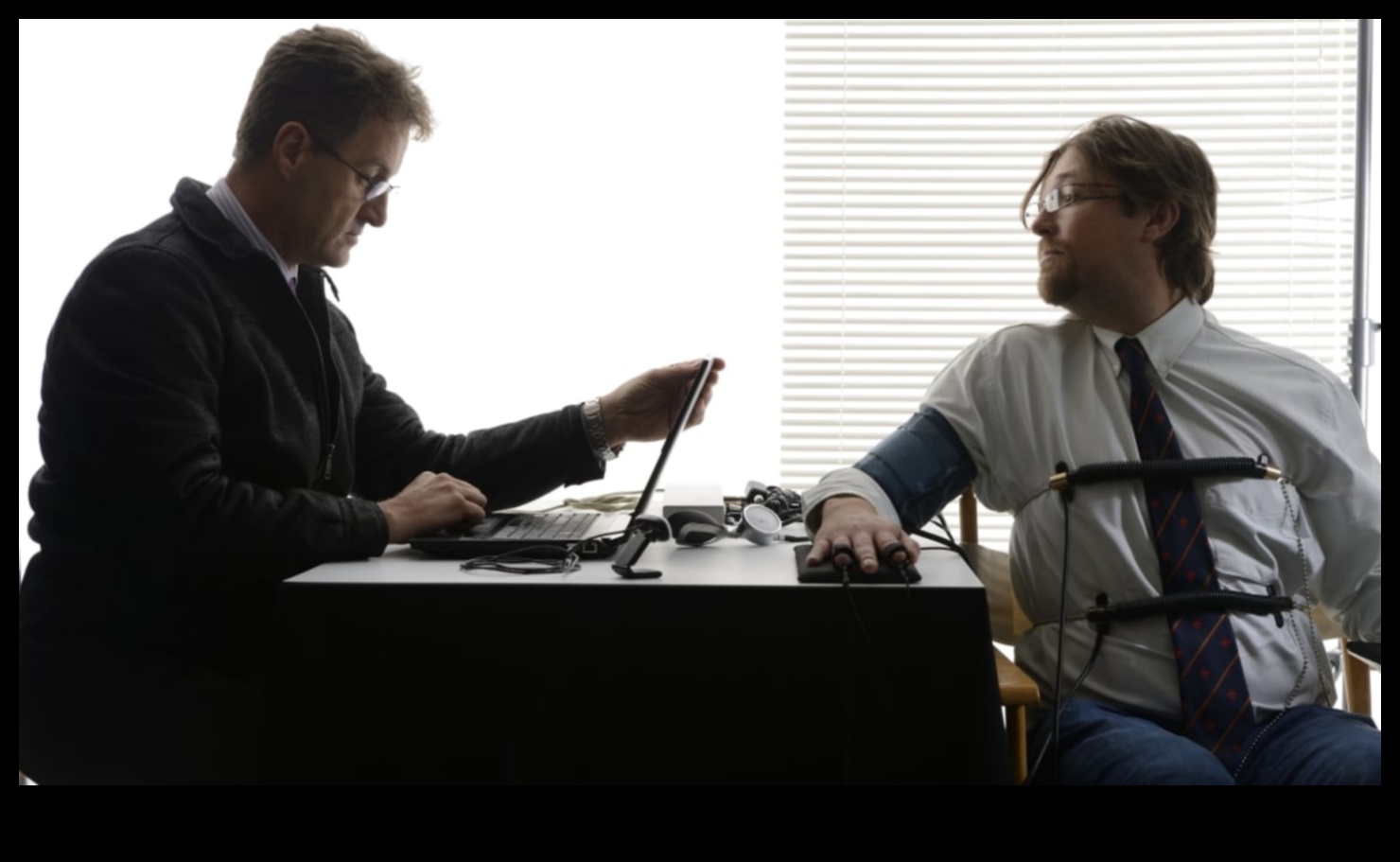
Polygraph in Court
I. Introduction to Polygraph in Court
II. History of Polygraph in Court
III. Legality of Polygraph in Court
IV. Reliability of Polygraph in Court
V. Accuracy of Polygraph in Court
VI. Validity of Polygraph in Court
VII. Limitations of Polygraph in Court
VIII. Misconceptions about Polygraph in Court
IX. Arguments for and against Polygraph in Court
X. FAQ
polygraph admissibility
lie detector admissibility
court admissibility
daubert standard
frye standard
People who search for “is the polygraph admissible in court” are trying to determine whether or not the results of a polygraph test can be used as evidence in a court of law. This is a common question for people who are considering taking a polygraph test, as they want to know whether or not the results of the test could be used against them in court.
The answer to this question is not always straightforward, as the admissibility of polygraph evidence varies from state to state. In some states, polygraph evidence is inadmissible in court, while in other states, it may be admissible under certain circumstances.
If you are considering taking a polygraph test, it is important to speak to an attorney to learn more about the admissibility of polygraph evidence in your state.
| Feature | Answer |
|---|---|
| Polygraph admissibility | Admissible in some states, inadmissible in others |
| Lie detector admissibility | Same as polygraph admissibility |
| Court admissibility | Same as polygraph admissibility |
| Daubert standard | Polygraph evidence must meet the Daubert standard to be admissible in court |
| Frye standard | Polygraph evidence must meet the Frye standard to be admissible in court |
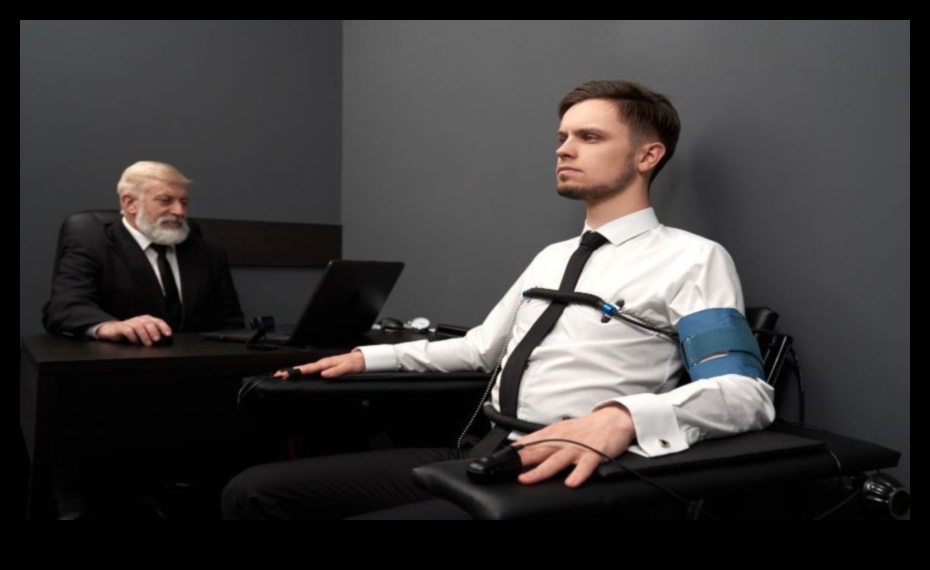
II. History of Polygraph in Court
The use of polygraphs in court dates back to the early 1900s. In 1923, the first known use of a polygraph in a criminal trial took place in Chicago. The polygraph was used to help determine the guilt or innocence of a suspect in a murder case. Since then, the use of polygraphs in court has become more common, but it is still a controversial topic. Some people believe that polygraphs are accurate and reliable, while others believe that they are not.
In the United States, the admissibility of polygraph evidence varies from state to state. In some states, polygraph evidence is inadmissible in court, while in other states, it may be admissible under certain circumstances. The Frye standard and the Daubert standard are two important legal standards that are used to determine the admissibility of polygraph evidence in court.
The Frye standard was established in 1923 in the case of Frye v. United States. In this case, the Supreme Court ruled that the admissibility of scientific evidence in court is based on whether or not it is generally accepted by the scientific community. The Daubert standard was established in 1993 in the case of Daubert v. Merrell Dow Pharmaceuticals, Inc. In this case, the Supreme Court ruled that the admissibility of scientific evidence in court is based on a number of factors, including whether or not it is reliable and relevant.
The Frye standard and the Daubert standard have been used to determine the admissibility of polygraph evidence in court. In some cases, polygraph evidence has been found to be admissible under the Frye standard, while in other cases, it has been found to be inadmissible. The admissibility of polygraph evidence in court is a complex and controversial topic, and there is no clear consensus on the issue.
III. Legality of Polygraph in Court
The legality of polygraph evidence in court varies from state to state. In some states, polygraph evidence is inadmissible in court, while in other states, it may be admissible under certain circumstances.
The following are some of the factors that courts consider when determining the admissibility of polygraph evidence:
- The purpose for which the polygraph test was conducted
- The methodology used in conducting the polygraph test
- The qualifications of the person who administered the polygraph test
- The results of the polygraph test
If you are considering taking a polygraph test, it is important to speak to an attorney to learn more about the admissibility of polygraph evidence in your state.
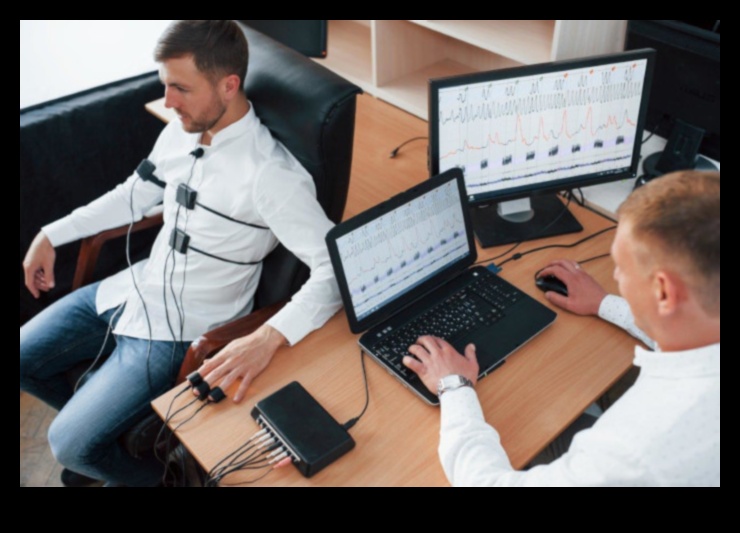
IV. Reliability of Polygraph in Court
The reliability of polygraph tests in court is a controversial topic. Some experts believe that polygraph tests are highly reliable and can be used to accurately detect deception, while others believe that polygraph tests are not reliable and should not be used in court.
There are a number of factors that contribute to the debate over the reliability of polygraph tests. One factor is the fact that polygraph tests are based on the assumption that physiological changes are associated with deception. However, there is no scientific evidence to support this assumption.
Another factor that contributes to the debate over the reliability of polygraph tests is the fact that polygraph tests are susceptible to error. Polygraph tests can be affected by a number of factors, including the examiner’s skill, the examinee’s anxiety level, and the examinee’s ability to control their physiological responses.
As a result of the debate over the reliability of polygraph tests, the admissibility of polygraph evidence in court varies from state to state. In some states, polygraph evidence is inadmissible in court, while in other states, it may be admissible under certain circumstances.
If you are considering taking a polygraph test, it is important to speak to an attorney to learn more about the admissibility of polygraph evidence in your state.
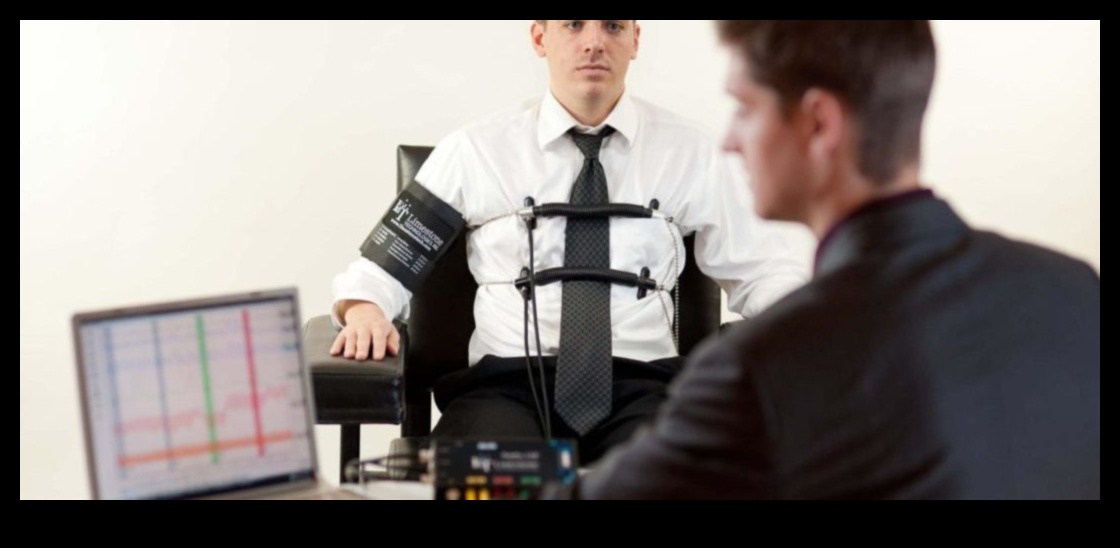
V. Accuracy of Polygraph in Court
The accuracy of polygraph tests in court is a controversial topic. There is no scientific consensus on the accuracy of polygraph tests, and some studies have shown that polygraph tests can be inaccurate. However, other studies have shown that polygraph tests can be accurate in certain circumstances.
The accuracy of a polygraph test depends on a number of factors, including the skill of the polygraph examiner, the condition of the polygraph equipment, and the circumstances of the test. In general, polygraph tests are more accurate when the examiner is experienced and the equipment is in good condition. Polygraph tests are also more accurate when the subject is cooperative and not under stress.
The accuracy of polygraph tests in court has been challenged in a number of cases. In some cases, the results of polygraph tests have been excluded from evidence because the courts have found that the tests are not reliable. In other cases, the results of polygraph tests have been admitted into evidence, but the juries have found the tests to be unreliable.
The admissibility of polygraph evidence in court is a complex issue. There is no scientific consensus on the accuracy of polygraph tests, and the courts have reached different conclusions on the admissibility of polygraph evidence. As a result, it is important to speak to an attorney to learn more about the admissibility of polygraph evidence in your state.
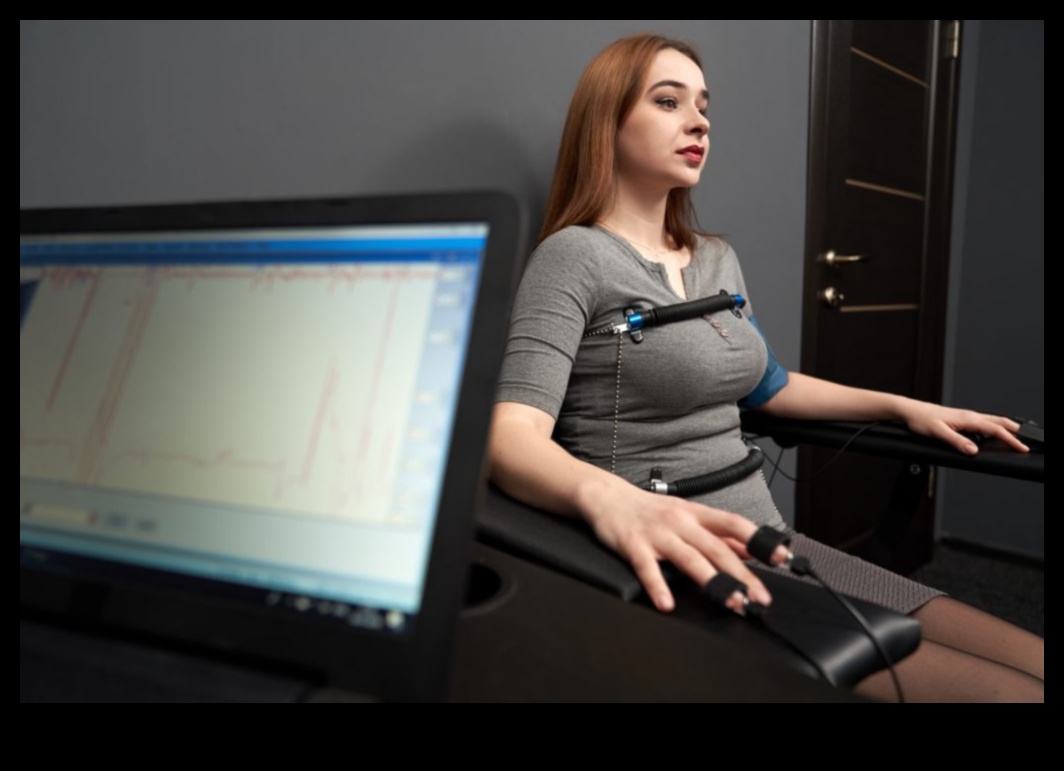
VI. Validity of Polygraph in Court
The validity of polygraph evidence in court is a controversial topic. There is no scientific consensus on the accuracy of polygraph tests, and some experts argue that they are not reliable enough to be used as evidence in a court of law.
However, there are also some experts who believe that polygraph tests can be valid under certain circumstances. They argue that polygraph tests can be used to detect deception in people who are under stress, and that they can be helpful in investigations.
The admissibility of polygraph evidence in court varies from state to state. In some states, polygraph evidence is inadmissible in court, while in other states, it may be admissible under certain circumstances.
If you are considering taking a polygraph test, it is important to speak to an attorney to learn more about the admissibility of polygraph evidence in your state.
VII. Limitations of Polygraph in Court
There are a number of limitations to the use of polygraph evidence in court. These limitations include:
- The polygraph is not 100% accurate. There is a chance that a person who is telling the truth will be falsely identified as lying, and a person who is lying will be falsely identified as telling the truth.
- The polygraph is susceptible to countermeasures. A person who knows how to beat the polygraph can artificially increase or decrease their physiological responses, making it difficult for the examiner to determine whether they are telling the truth or lying.
- The polygraph is not a reliable indicator of guilt or innocence. The results of a polygraph test can be influenced by a number of factors other than deception, such as stress, anxiety, or fear.
Because of these limitations, the admissibility of polygraph evidence in court varies from state to state. In some states, polygraph evidence is inadmissible in court, while in other states, it may be admissible under certain circumstances.
If you are considering taking a polygraph test, it is important to be aware of the limitations of the test and to speak to an attorney to learn more about the admissibility of polygraph evidence in your state.
Misconceptions about Polygraph in Court
There are a number of misconceptions about polygraph in court that can lead to confusion and misunderstanding. Some of the most common misconceptions include:
- Polygraphs are 100% accurate.
- Polygraphs can detect lies.
- Polygraphs are admissible in court.
- Polygraphs are used to catch criminals.
Each of these misconceptions is false. Polygraphs are not 100% accurate, they cannot detect lies, they are not admissible in court, and they are not used to catch criminals.
In reality, polygraphs are far from perfect. They are susceptible to error and can be influenced by a number of factors, including the subject’s anxiety level, their physical condition, and their mental state. As a result, polygraph results should not be considered to be 100% accurate.
Polygraphs cannot detect lies. They can only measure physiological responses, such as heart rate, breathing rate, and blood pressure. These responses can be influenced by a number of factors, not just lying. For example, a person who is nervous or anxious may experience the same physiological responses as a person who is lying.
Polygraphs are not admissible in court in most jurisdictions. In the United States, the Supreme Court has ruled that polygraph evidence is not admissible in federal court. This is because polygraphs are not considered to be reliable enough to be used as evidence in a court of law.
Polygraphs are not used to catch criminals. They are used to assess the truthfulness of a person’s statements. In some cases, polygraphs can be used to help investigators identify suspects, but they are not used to actually catch criminals.
It is important to be aware of these misconceptions about polygraph in court. By understanding the limitations of polygraphs, you can make informed decisions about whether or not to take a polygraph test.
IX. Arguments for and against Polygraph in Court
There are a number of arguments for and against the use of polygraph evidence in court. Some of the arguments in favor of polygraph evidence include:
- Polygraphs can be used to detect deception.
- Polygraphs can help to protect the innocent.
- Polygraphs can help to convict criminals.
Some of the arguments against the use of polygraph evidence in court include:
- Polygraphs are not 100% accurate.
- Polygraphs can be biased.
- Polygraphs can be used to intimidate witnesses.
Ultimately, the decision of whether or not to admit polygraph evidence in court is a decision that is made by the judge. The judge will consider all of the evidence presented and make a decision based on the law and the facts of the case.
X. FAQ
Q: What is the Daubert standard?
A: The Daubert standard is a set of criteria used by federal judges to determine the admissibility of expert testimony in federal court. The standard was established in the 1993 case Daubert v. Merrell Dow Pharmaceuticals, Inc., in which the Supreme Court ruled that the Frye standard, which had been the prevailing standard for admitting expert testimony, was no longer the law.
Q: What is the Frye standard?
A: The Frye standard was a set of criteria used by federal judges to determine the admissibility of expert testimony in federal court. The standard was established in the 1923 case Frye v. United States, in which the Supreme Court ruled that expert testimony based on scientific techniques that were not generally accepted in the relevant scientific community was inadmissible in federal court.
Q: What are the limitations of polygraph tests?
A: Polygraph tests are not infallible and there are a number of factors that can affect their accuracy. These factors include:
* The skill and experience of the polygraph examiner
* The emotional state of the examinee
* The presence of distractions
* The use of countermeasures
As a result of these limitations, polygraph tests should not be used as the sole basis for making decisions about a person’s guilt or innocence.